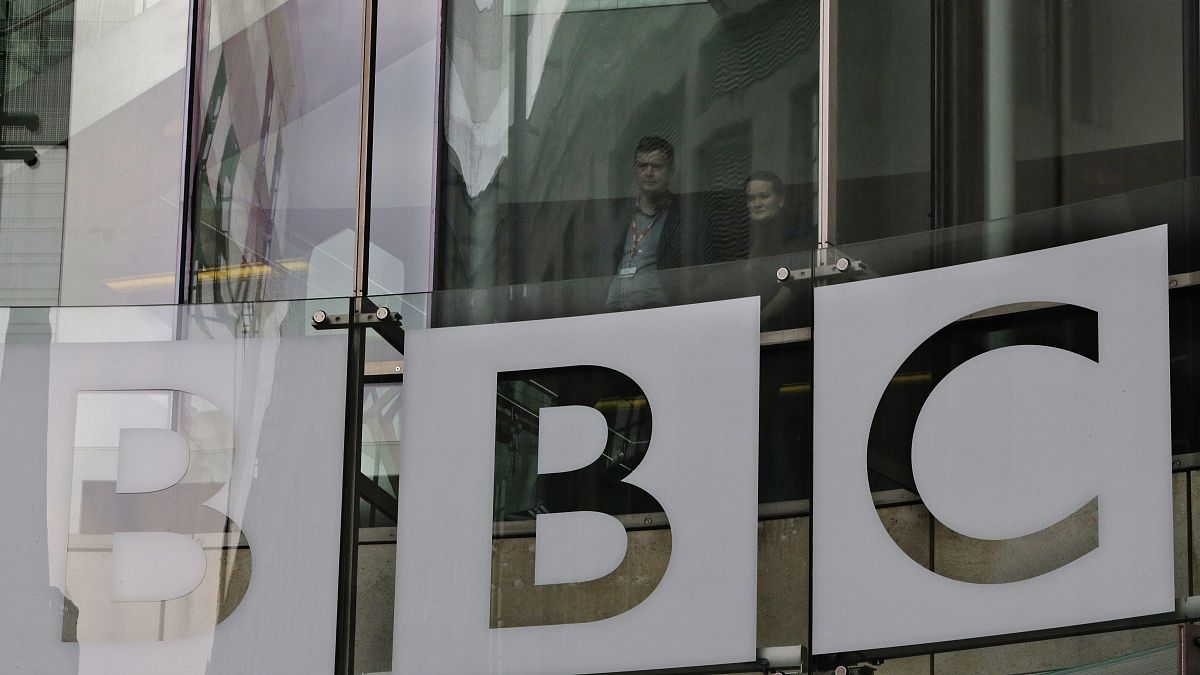Russia has restricted access to the sites of four independent media, including the local edition of the BBC.
Russia has restricted access to the sites of four independent media, including the local edition of the BBC, further tightening its control on information a week after launching a full-scale invasion of Ukraine.
The Russian-language editions of the BBC and Deutsche Welle will be limited in addition to the independent website Meduza and Radio Svoboda, the Russian branch of RFE-RL, according to the Russian media regulator.
On Friday morning, the homepages of the BBC and Deutsche Welle opened intermittently, but some articles about the war in Ukraine were inaccessible, AFP journalists in Moscow found. The Meduza and Svoboda homepages were completely inaccessible.
GlobalCheck, an internet censorship monitor, had already noted problems accessing the sites last night, as well as Facebook, which has been having problems for several days in Russia.
Deutsche Welle was banned in Russia last month and its reporters were forced to stop working, but the site continued to function.
The BBC said in a statement that it would continue its efforts to make BBC News available in Russia.
Russia is regularly described by watchdogs as one of the most restrictive countries in the world when it comes to press freedom, but the situation has worsened since the beginning of Moscow's invasion of Ukraine.
Russian authorities have prohibited media from using information other than official statements about the invasion and banned the use of words like "war" and "invasion".
The Duma passed a bill on Friday introducing sentences of up to 15 years in prison for intentionally spreading “fake” information about military action.
